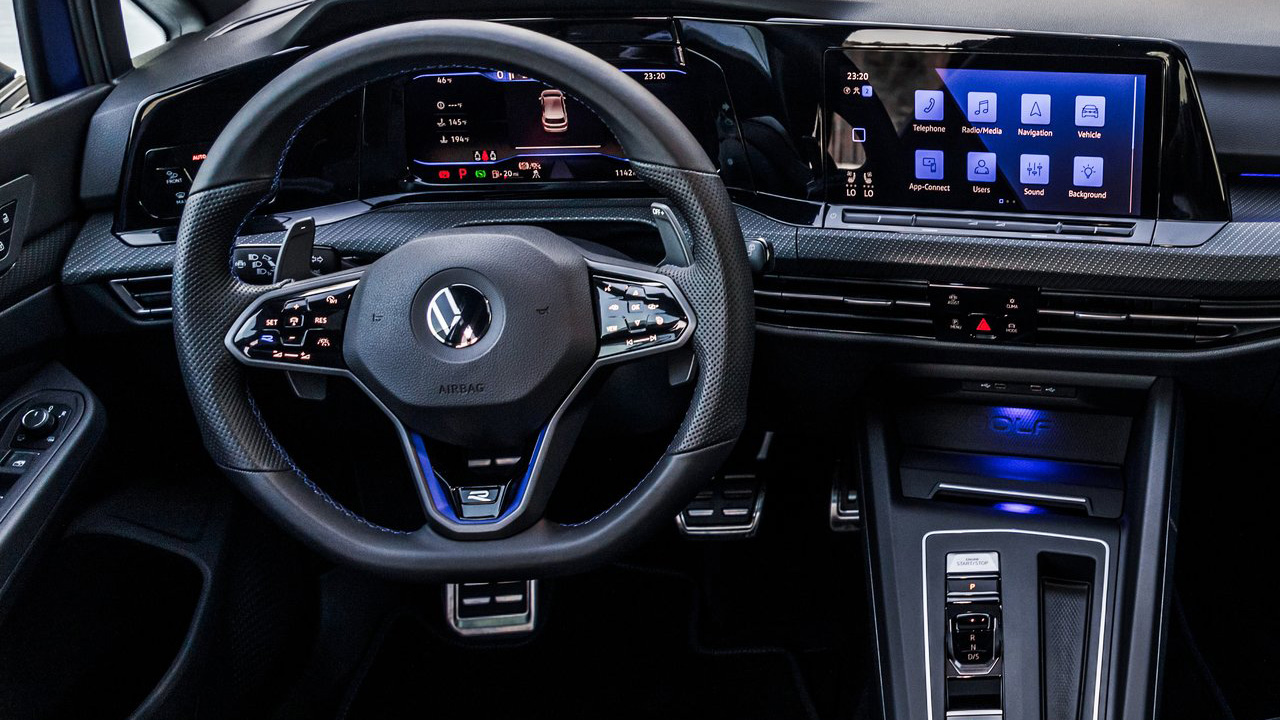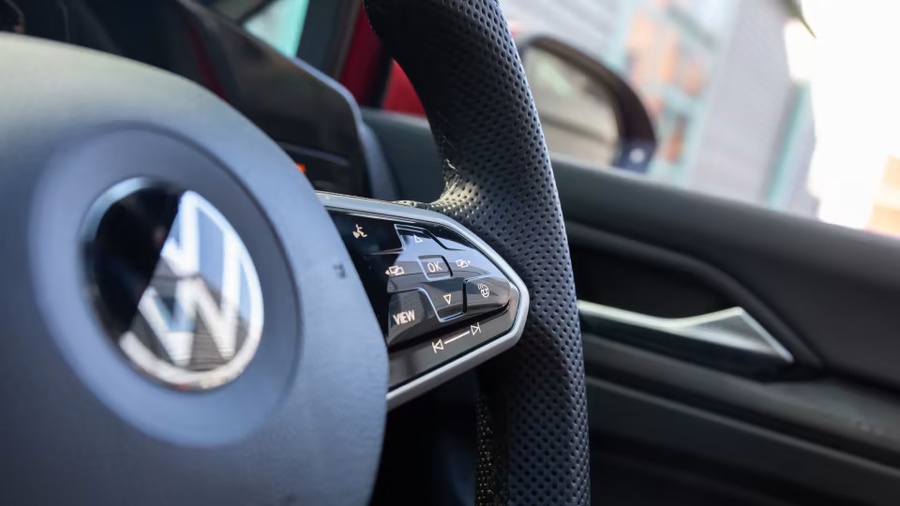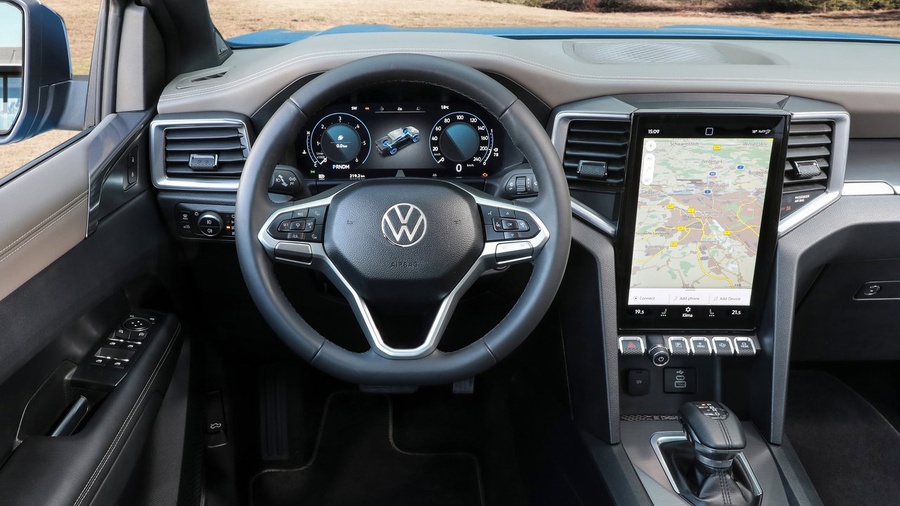In the post, Schäfer revealed "We are sharpening our portfolio and our design, plus creating a new simplicity in operating our vehicles. For example, we are bringing back the push-button steering wheel!" He added that the brand is listening to owners, and the reintroduction of physical controls is something "customers want from VW."
Volkswagen's touch-sensitive controls have come under criticism in recent years, especially on higher-end models like the Golf GTI and R, Tiguan R, and many of its electric cars. The controls are a sleek, black plastic piece located on the steering wheel that can be accidentally activated. Another issue users have noted is the lack of haptic feedback given when using a touch sensitive system.
The brand offers some models with lower specs that still use physical controls. For example, the Amarok pick-up truck. By acknowledging the benefits of physical buttons and that touch sensitive controls fall short, Volkswagen is effectively admitting they made a mistake.
Volkswagen has not yet announced when models that don't currently have physical steering wheel buttons will have them again. It is unclear when the same common-sense decision will apply to other touchsensitive climate control systems.
By the way, not only Volkswagen realized that touch controls are not always convenient. A recent test by Swedish car magazine Vi Bilägare pitted the touch screen infotainment and in-car controls of modern cars against those of a mid-2000s Volvo V70. The results showed that touchscreen systems, with their lack of feedback and longer loading times, can cause drivers to take three times as long to perform a task than if they were using physical buttons.



